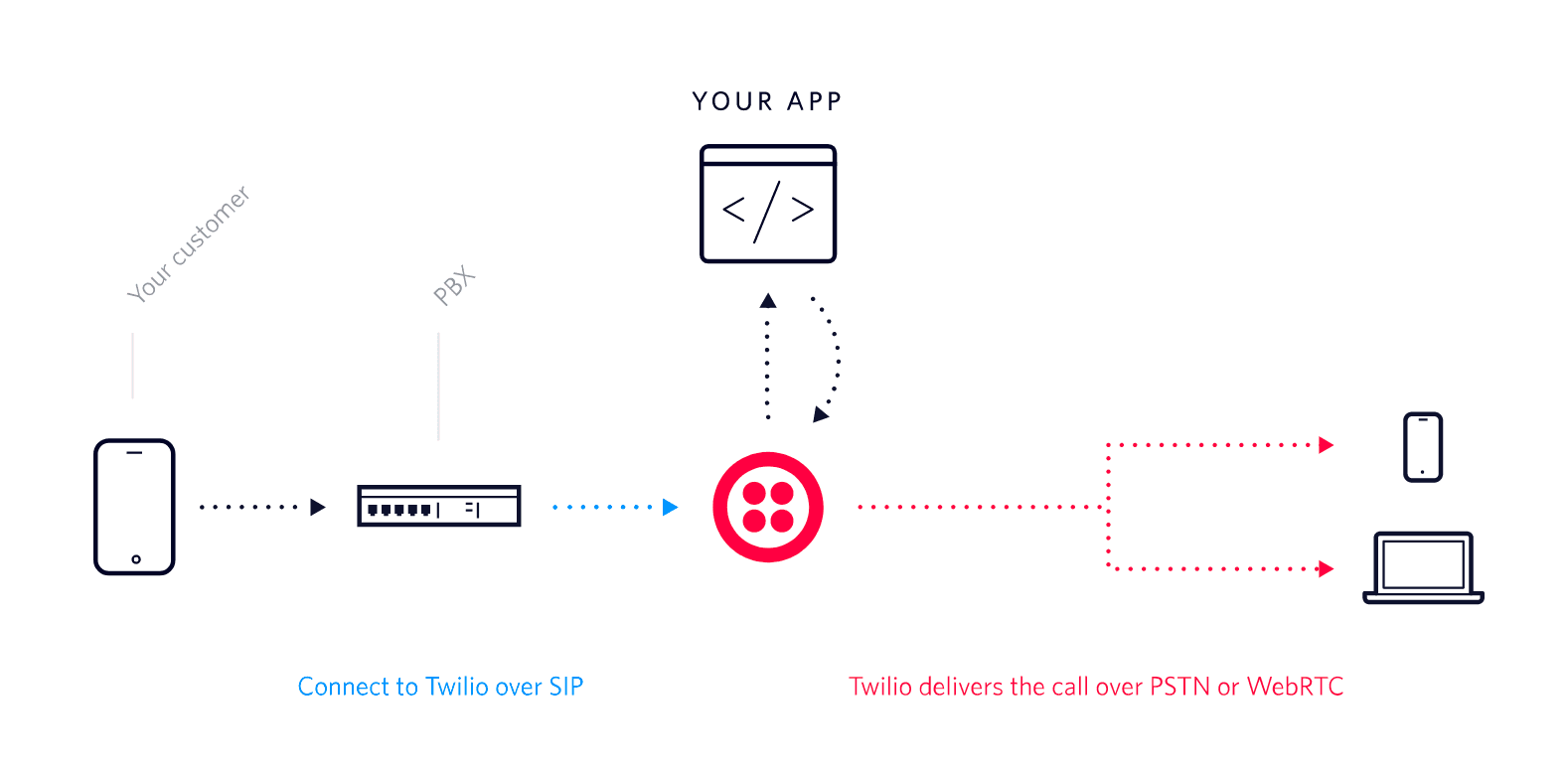What is a Private Branch Exchange (PBX)?
PBX, short for Private Branch Exchange, is a phone system in an enterprise that manages incoming and outgoing phone calls as well as an organization's internal communications.
Modern PBX systems help make an organization's communication more streamlined and robust. At the most basic level, a PBX connects communications devices such as hubs, switches, telephone adapters, routers, and phone sets. Size and complexity vary with each PBX. There are at-home PBX systems that upgrade a traditional phone line to cloud-hosted programs as well as complex and expensive corporate communications systems owned and operated by an individual enterprise.
Note: PBX is sometimes written PABX (Private Automatic Branch Exchange). While the first PBX systems required a human operator, almost all modern PBX systems are now automated. 'PBX' is still the term most commonly used to refer to this kind of system.
A PBX system makes it affordable to use more than one phone line in an organization. Managing incoming and outgoing calls, a PBX makes it possible to split a single phone line into several private lines identified by extensions (usually assigned 3 or 4-digit numbers). Not only does this allow a customer to reach anyone in an office through a single phone number, but it also grants the group free internal phone communication since multiple unique phone lines are no longer a requirement. PBX systems also empower VoIP communication.
PBX systems perform four main call processing duties:
- Establish connections between the phone sets of two users.
- Maintain connections as long as the users require.
- Disconnect a connection per the user's requirements.
- Provide information to the organization for accounting and analytics.
While it's safe to assume that all PBXes offer the above features, most modern PBX systems provide a whole host of other calling features and capabilities (though each PBX may differ in which features they offer). Some commonly provided PBX features include:
- Call management via call blocking, call forwarding, call logging, call transfer, and call waiting.
- Streamlined customer experience with call recording, voicemail, IVR (Interactive Voice Response) and DID (Direct Inward Dialing). Custom greetings, welcome messages, and hold music are other useful customer-facing features often included with a PBX.
- Internal communications via conference calls and internal extensions.
- Local connections allowing users to have local numbers in cities where they're not physically present, enabling 'virtual offices' anywhere.
The arrival of IP telephony (VoIP) changed a lot about PBX. While PBX systems were initially analog and built on telephone lines and switches, IP-PBX systems use VoIP technology and IP networks to channel calls.
IP-PBX is the preferred flavor of modern PBX, switching calls between a VoIP user and a traditional phone user or between two standard phone users. Not only are IP-PBX systems feature-rich, but they also don't require separate networks for voice and data communications. With IP-PBX, a single user has access to the internet, VoIP communications, and traditional phone communications through one line. Most, though not all, PBX systems today are IP-PBX.
Also known as Virtual PBX, a Hosted PBX delivers PBX functionality as a service through the cloud. Various companies offer PBXes at a monthly cost, and all users need are their telephone sets and routers. While Hosted PBX systems generally cannot be tailored to more complex business needs, they are a great option for those running a small business due to their relatively low cost and the fact that they don't require any upfront investment.
If your business uses a PBX and you're interested in integrating your system with Twilio, we're here to help!

Twilio's Programmable Voice SIP allows you to use your existing SIP communications infrastructure to initiate SIP sessions with Twilio. You can also add WebRTC to your PBX call center or connect your PBX to Twilio's Elastic SIP trunking.